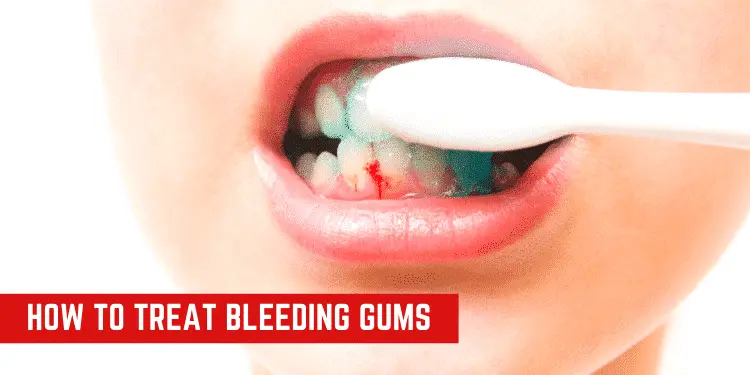Gum bleeding, medically known as gingival bleeding, is a common oral health issue that should not be taken lightly. While it may seem minor, persistent gum bleeding can be indicative of underlying problems and may lead to more severe complications if left untreated. In this article, we will explore the potential dangers of gum bleeding and ways to effectively stop it.
The Dangers of Gum Bleeding:
- Gingivitis and Periodontitis: The most common cause of gum bleeding is gum disease. Gingivitis, the early stage of gum disease, often manifests as bleeding gums. If not addressed promptly, gingivitis can progress into periodontitis, a more severe form of gum disease that can lead to tooth loss and even affect overall health.
- Systemic Health Issues: Gum bleeding can be a sign of systemic health issues such as diabetes, blood disorders, or vitamin deficiencies. The gums provide an easy entry point for bacteria and pathogens, which can then enter the bloodstream and potentially exacerbate other health conditions.
- Poor Oral Hygiene: Neglecting proper oral hygiene practices, such as brushing and flossing regularly, can lead to the accumulation of plaque and tartar on the teeth and gums. This can cause gum irritation, inflammation, and bleeding.
- Medications: Some medications, like blood thinners, can increase the risk of gum bleeding. If you are on medication and experiencing gum bleeding, consult your healthcare provider for guidance.
Ways to Stop Gum Bleeding:
- Improve Oral Hygiene: The first step in stopping gum bleeding is to maintain good oral hygiene practices. Brush your teeth twice a day with a soft-bristle toothbrush and fluoride toothpaste. Floss daily to remove food particles and plaque from between your teeth.
- Use an Antiseptic Mouthwash: Rinse your mouth with an antiseptic mouthwash that is designed to kill bacteria and reduce inflammation. This can help prevent and alleviate gum bleeding.
- Gentle Gum Massage: Gently massaging your gums with a soft toothbrush or your clean finger can stimulate blood circulation and promote gum health. Be sure not to apply too much pressure to avoid further irritation.
- Visit Your Dentist: If gum bleeding persists or worsens despite home care efforts, it’s crucial to schedule an appointment with your dentist. They can assess the cause of the bleeding and recommend appropriate treatment, such as a deep cleaning (scaling and root planing) for gum disease.
- Manage Underlying Health Conditions: If gum bleeding is associated with an underlying medical condition, work closely with your healthcare provider to manage and treat that condition effectively.
- Maintain a Balanced Diet: Proper nutrition, including vitamin C-rich foods that support gum health, can help prevent gum bleeding.
Gum bleeding should not be ignored, as it can signal various oral and systemic health issues. By understanding the potential dangers and taking proactive steps to address the problem, you can maintain healthy gums and overall well-being. Remember, early intervention is key to preventing more severe complications related to gum bleeding. If you’re concerned about your oral health, consult with a dentist for personalized guidance and care.
